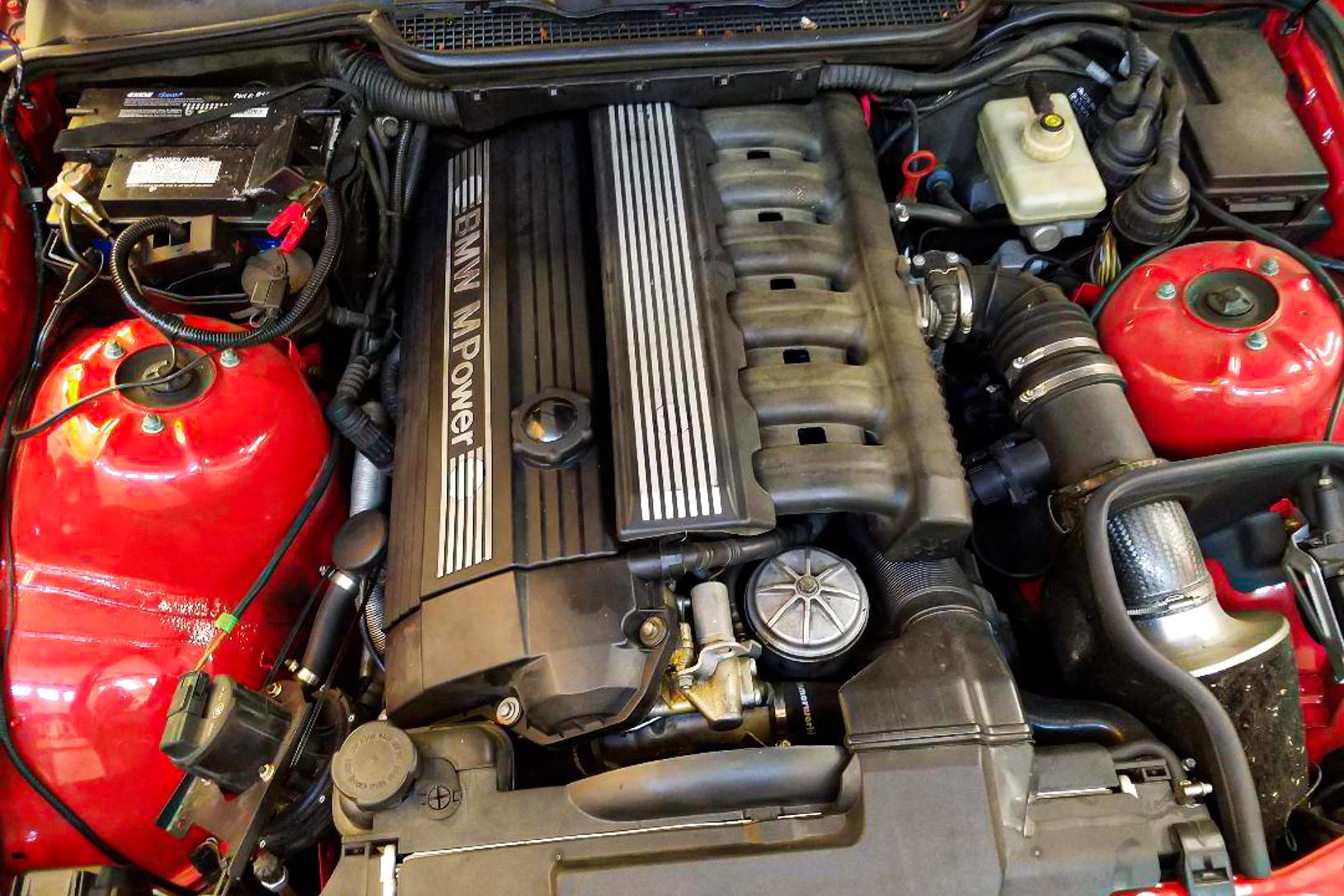Essential Factors To Consider for Choosing the very best Engine for Your Demands
In the realm of picking the optimal engine to fulfill your needs, numerous critical factors demand careful consideration to make certain optimal performance and performance. From the nuanced balance in between power and efficiency to the often-overlooked facets of upkeep and service needs, each aspect plays a critical duty in identifying the most ideal engine for your certain needs.
Power and Performance
When examining engines for optimum performance, it is vital to focus on both power output and efficiency. Power result gauges the capability of an engine to create energy, which directly affects its efficiency. A high power outcome is crucial for demanding jobs such as high-speed demands or sturdy applications. It ensures that the engine can manage the workload properly and effectively. Power alone is not adequate; performance plays a substantial role in identifying the total performance of an engine. Effectiveness refers to just how well the engine converts fuel into useful power. A a lot more efficient engine will provide far better gas mileage, lower emissions, and minimized operating costs. Striking the right balance between power outcome and performance is essential to selecting an engine that fulfills your details needs. It is vital to consider factors such as the intended use the engine, environmental effect, and long-term price implications when making this choice. By very carefully evaluating both power and efficiency, you can pick an engine that provides ideal efficiency and meets your demands properly.
Gas Performance and Economic Situation
Fuel efficiency refers to the engine's ability to convert gas into power with marginal waste, directly affecting operating prices and ecological sustainability. Engines with higher fuel effectiveness not only lower fuel expenses yet likewise decrease carbon discharges, contributing to a greener procedure.

Compatibility and Application
Taking into consideration the gas efficiency and economy of an engine, the following critical element to address is its compatibility and application within certain operational contexts. Compatibility refers to exactly how well the engine integrates with the general system or devices it powers.
Various engines are developed for certain objectives, whether it be industrial machinery, aquatic vessels, autos, or power generators. Understanding the intended application permits for the choice of an engine that can provide the necessary power output, torque, here are the findings and operational qualities.
Upkeep and Solution Requirements
Maintenance and solution needs play a critical function in guaranteeing the long life and optimal performance of an engine. Normal maintenance is important to protect against malfunctions, prolong the life-span of the engine, and maintain its effectiveness. When choosing an engine, it is important to take into consideration the manufacturer's suggested maintenance timetable and the accessibility of service facilities or certified professionals.
Variables such as the regularity of oil modifications, filter replacements, and general examinations can significantly affect the engine's efficiency. Some engines might call for even more frequent maintenance based upon their design and use, while others may have longer intervals between maintenance checks. It is important to stick to these solution needs to prevent pricey repairs and unexpected downtime.

Price and Budget Factors To Consider
When selecting an engine for a certain application,Spending plan constraints often play a significant role in the decision-making process. When taking into consideration the price and budget implications of selecting an engine, it is necessary to analyze not only the preliminary purchase cost but additionally the long-term expenses related to maintenance, gas consumption, and potential upgrades or repair services. It is crucial to strike an equilibrium between the ahead of time expense of the engine and its total lifecycle expenses to make sure that the chosen engine stays financially lasting throughout its operational lifespan.
Elements such as fuel effectiveness, longevity, and reliability can straight influence the complete price of ownership of an engine. While an extra costly engine may have greater ahead of time costs, it might potentially cause lower maintenance and gas costs in time, hence using better value in the future. Additionally, considering the schedule and price of spare parts, along with the ease of upkeep and explanation service, can assist protect against unforeseen monetary pressure in the future. By very carefully assessing these expense and budget plan factors to consider, you can make an enlightened choice that lines up with your operational needs and monetary restraints.
Final Thought

Gas effectiveness refers to the engine's capability to transform gas into energy with very little waste, directly affecting operating costs and ecological sustainability.Variables affecting fuel effectiveness include engine design, burning performance, and total efficiency optimization. Additionally, choosing the appropriate fuel type and quality as advised by the engine producer can better enhance performance and prolong engine lifespan.
Engines with great utility attributes and conveniently offered components can decrease upkeep expenses and reduce the time the engine is out of procedure - bmw 318ti. It is vital to strike an equilibrium between the ahead of time price of the engine and its total lifecycle expenses to make certain that the chosen engine stays monetarily lasting throughout its operational life-span